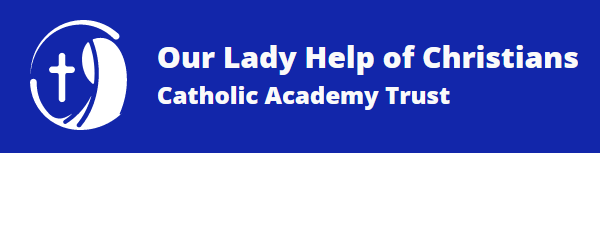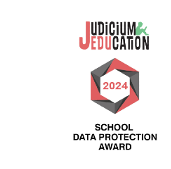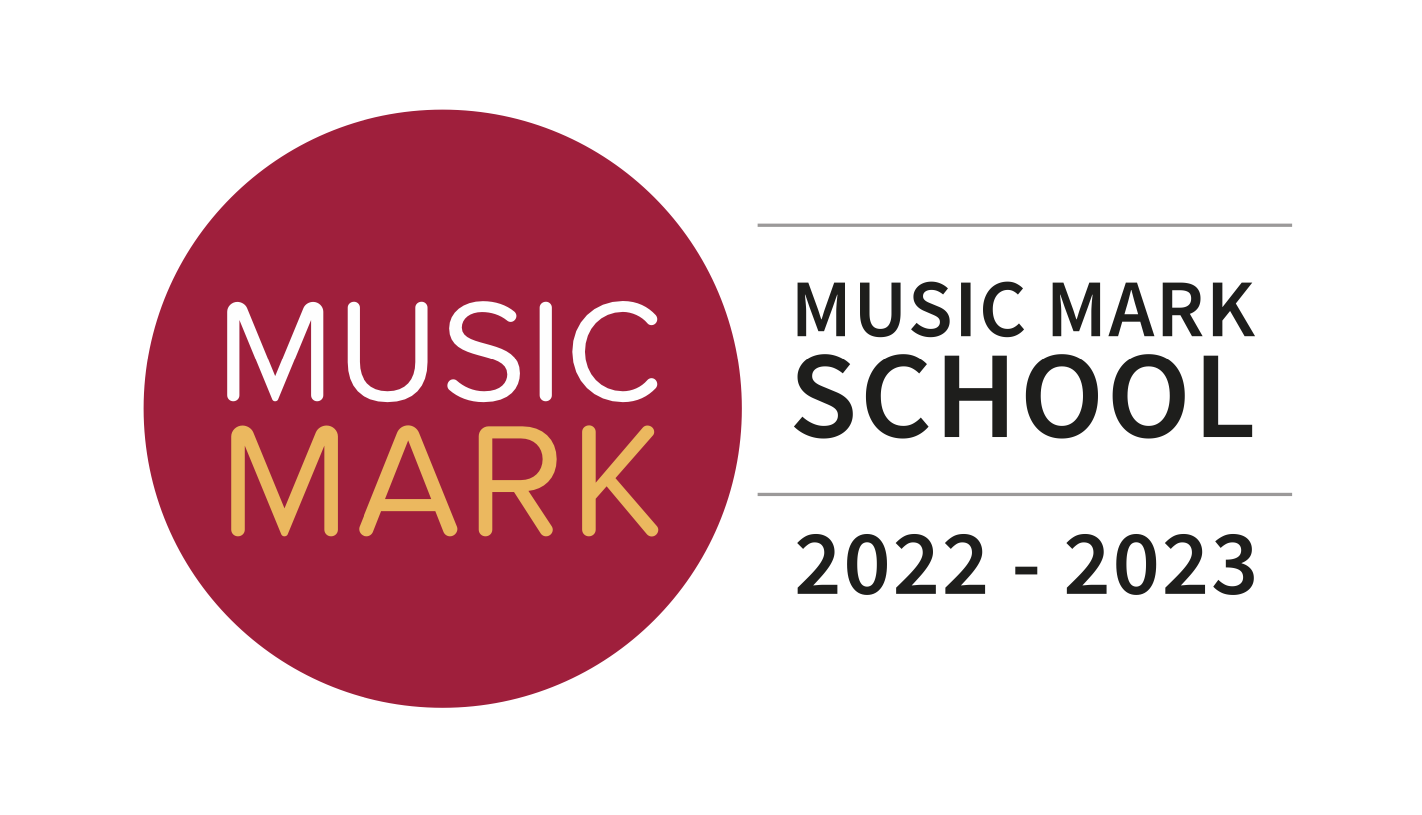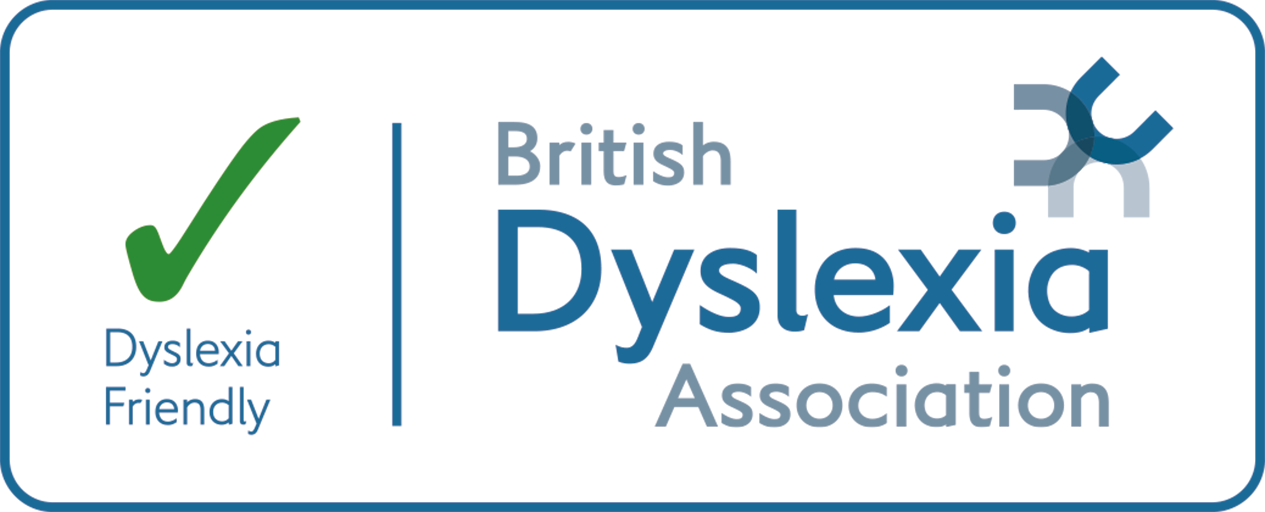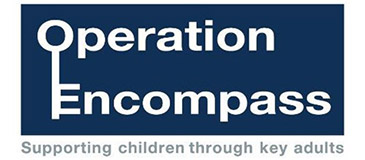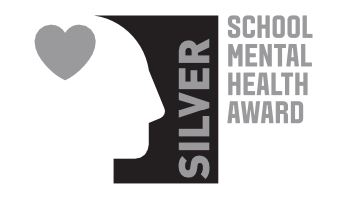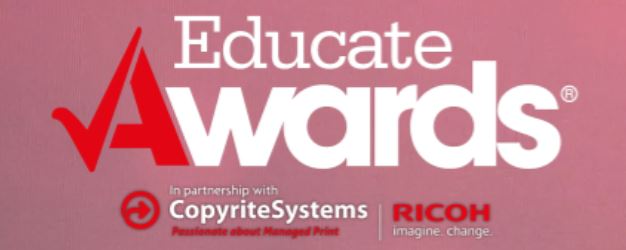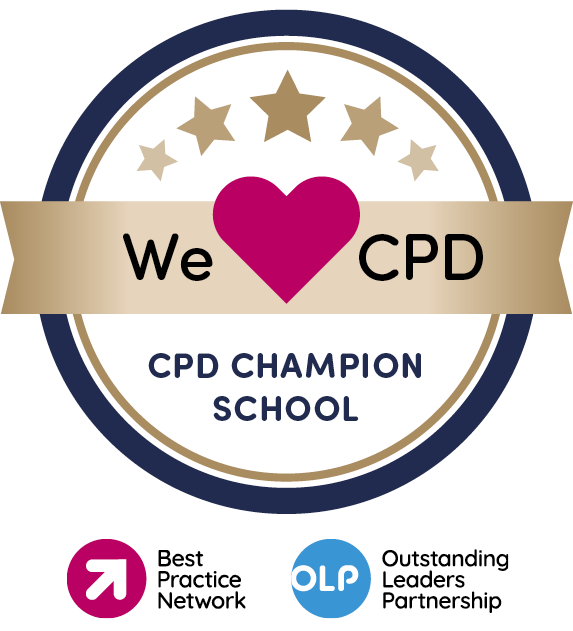Fundamental British Values
The government set out its definition of ‘British values’ in the ‘Prevent Strategy’ (2011), which was designed to prevent the extremism and religious radicalization of young people. British values are considered by the present government to be democracy, rule of law, individual liberty, mutual respect and tolerance of those of different faiths and beliefs. The promotion of ‘British values’ is central to Catholic education because British values have their origin in the Christian values of our nation.
“We are proud that Catholic schools promote values that are both Catholic and British, including: respect for the individual, democracy, individual liberty, respect, tolerance and inclusiveness. Our schools promote cohesion by serving more ethnically diverse and poorer communities. Catholic schools provide high standards of education which are popular with parents from all social, economic and faith backgrounds.” Paul Barber (Catholic Education Service 15 December 2014).
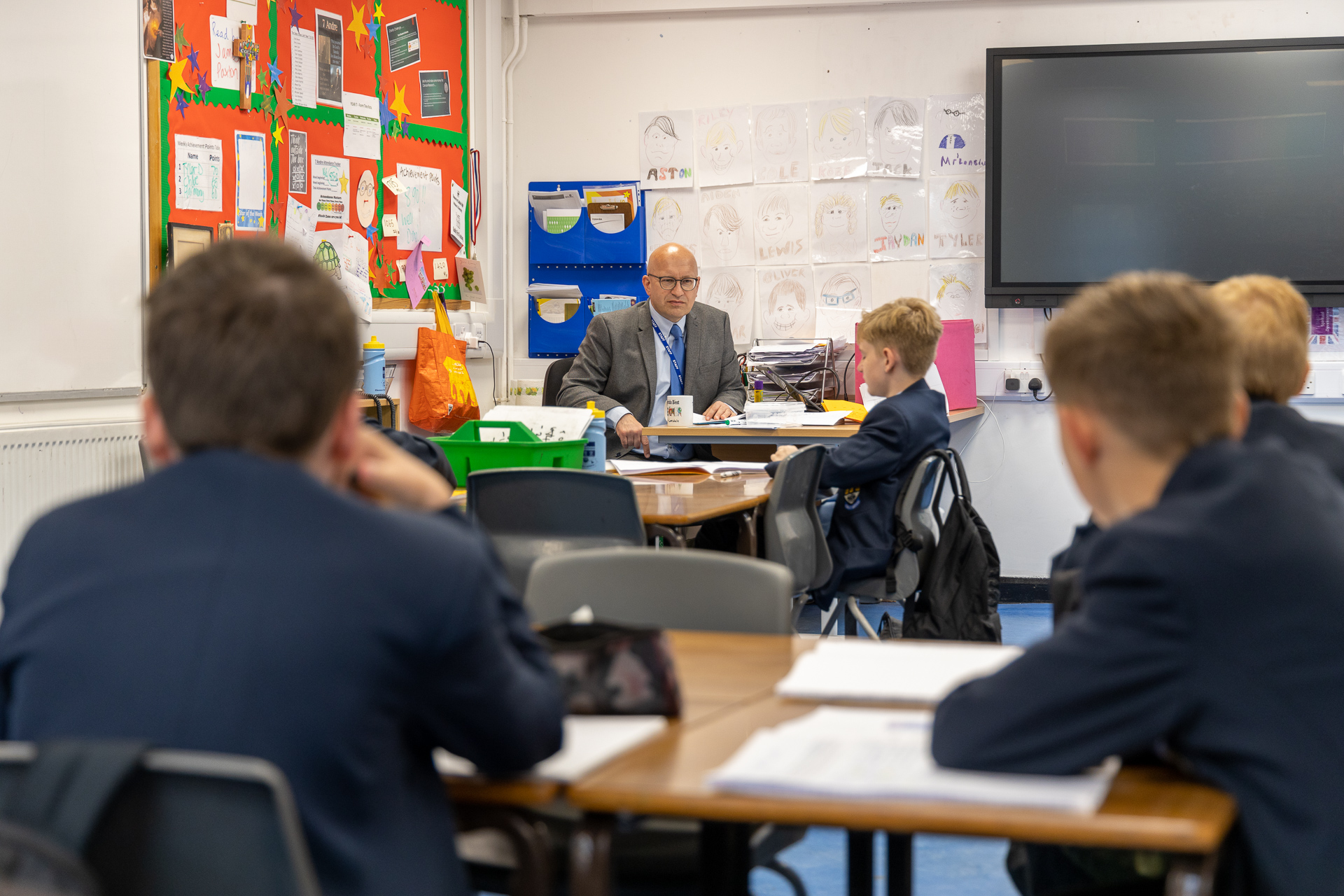
Democracy
An understanding and respect for democracy from our students is nurtured throughout all keys stages of our community both through the curriculum we offer and extra-curricular events. Pupil and parent voice plays a key role in the direction of our school improvement policies.
Our community has a school council elected by students which meets at regular intervals to discuss issues with the school leadership.
Our community has received visits from our local Member of Parliament.
Our community has offered the opportunity for students to visit the Palace of Westminster for a guided tour and educational workshop.
The principles of democracy are investigated through texts such as “Animal Farm” by George Orwell as part of our English Curriculum.
KS4 students examine “Why it is important to take part in the democratic and electoral process” as part of the Religious Education Curriculum.
Rule of Law
Our community rightly has high expectations of our learners and positive behaviour choices are constantly reinforced in the classroom as well as in school assemblies. We have very clear and positive behaviour which is designed to ensure each learner is safe, supported and free to reach their potential in our community. If students fail to comply with these policies this necessarily results in the enforcement of a reconciliatory disciplinary policy. Through our promotion of the rule of law students have a clear understanding of the behaviour expected of them and the responsibilities each member of our community has.
Our community has high and clear expectations of our learners and reinforces these expectations with a positive behaviour management policy
Our community has received educational visits from serving police officers/community support officers who have spoken to students in assemblies about the need for rule of law.
Sixth form students have met with groups from such organisations as the “Amy Winehouse Foundation” and “Shaun Attwood” to learn about the possible consequences of failure to follow laws. Our RE curriculum often focuses on moral choices which enables students to develop their understanding of the rule of law.
The importance of the rule of law is investigated through texts such as “Lord of the Flies” as part of our English Curriculum.
Individual liberty
Our Catholic ethos leads us to value each individual as a child of God. It is important therefore that as a community we encourage our students to be independent learners and that they have the freedom to make choices and form opinions in a safe nurturing environment. Students are encouraged to know, understand and exercise their rights, responsibilities and personal freedoms and receive advice about how to exercise these safely, for example through our exploration of E-Safety and their tutor time activities. Our community is proud that Students having been are taught about personal freedom and are taught how to use these to the best effect choose to support charities, support the learning of other students or contribute to our community and local area in a positive manner.
- Our RE and PSHCE curriculum encourages students to investigate both their rights and responsibilities
Mutual Respect
Mutual respect is a key element in our understanding of being an outstanding community. The respect individuals have for one another in our community allows our learners to flourish in a safe nurturing environment. Therefore the need to respect oneself and others is constantly reinforced in every subject area of the school. Respect and tolerance of others is promoted through assemblies and form time. All of our school Staff also fully understand the need to promote the behaviours needed to form positive relationships and constantly model these behaviours for our students.
- Form time and assemblies reinforce the need for mutual respect.
- Collective worship held in school often focuses on the need for mutual respect.
- A positive behaviour management policy and reconciliatory discipline policy is in place in order to establish clearly to students, staff and parents that there is an expectation of mutual respect in our community.
- Students are able to report instances where others may have displayed behaviour not acceptable to our school community quickly and from any location using the school SHARP system.
Tolerance of those of different faiths and beliefs
As a Catholic students within our community are rightly taught the beliefs of the Catholic Church found through Biblical scripture and the Catechism of the Church. However, students are taught that we live in a culturally diverse society and there is therefore also a focus on the beliefs of others in order to provide a broad and balanced learning experience. When moral issues are raised in Religious Education alongside learning the teachings of the Church students are challenged to examine issues from different viewpoints including the view of those with other religious belief and from a non-religious view point.
- In KS3 students cover topics concerning Hindu, Jewish and Islamic beliefs
- In KS4 students are expected to know both Christian and Islamic viewpoints concerning modern ethical issues as part of the GCSE syllabus.
- A multi-faith event involving people holding many differing religious beliefs is planned for year 8 this year and students will be given the chance to talk to our speakers about their religious views.



